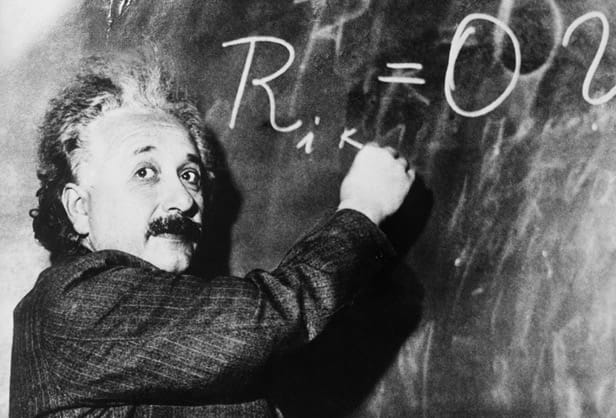Everyone remembers spending days studying for college exams only to have forgotten all the material by the next semester. So what is the point of taking the classes and working so hard?
That is the question taken up by physics PhD student Mark Eichenlaub on Quora in response to the question, “Do grad school students remember everything they were taught in college all the time?” While a simple “no” would have answered the question succinctly, Eichenlaub responded with a long, thoughtful response that looks at what it means to be an expert in a technical field and how one should go about becoming one:
Three months later, you can hardly remember what the class was all about. What’s going on? Why did you forget so much? Are you the only one? Should you have memorized more and worked even harder?
The answer is no. A student who memorizes the entire physics curriculum is no more a physicist than one who memorizes the dictionary is a writer. Studying physics is about building skills, specifically the skills of modeling novel situations and solving difficult problems. The results in your textbook are just the raw material. You’re a builder. Don’t spend all your time collecting more materials. Collect a few, then build things. Here’s how.
Drawing from a wealth of sources and using metaphors such as “triangulating” existing or new knowledge and “brown big spiders,” Eichenlaub describes the importance of learning a grand framework rather than just formulas, the ideal study habits for learning the “mental structures” of an expert, the importance of metaphors in understanding and therefore the need for clarity of language, the importance of confusion, and much more. You can read his entire article on Quora here.
Eichenalub’s article also reminded us of how little time is spent teaching students how to learn. Or what we are trying to learn beyond the topics raised in class every day. We remember from our own experience plenty of exhortations to understand concepts instead of just memorizing dates or formulas, some minimal discussion of good study habits and different learning styles, and a focus on reasoning skills. In our experience though, the meta-question of how to learn (and not just the concepts on the test) and what it means to develop expertise went relatively unanswered.
It’s a popular viewpoint that the rate of change in today’s job market means that the purpose of attending college is not to learn a specific skill or body of knowledge, but to learn how to learn. But part of the reason Eichenlaub’s article proves so fascinating is because that very question of how to learn is underexplored territory.
This post was written by Alex Mayyasi. Follow him on Twitter here or Google Plus. To get occasional notifications when we write blog posts, sign up for our email list.




